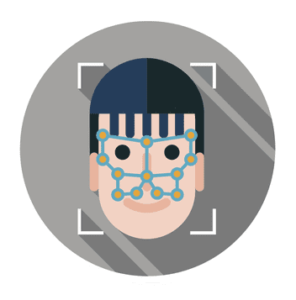 The Calgary Drop-In Centre, or “DI”, is poised to become the first homeless shelter in Canada to introduce facial recognition technology to identify the people it serves.
The Calgary Drop-In Centre, or “DI”, is poised to become the first homeless shelter in Canada to introduce facial recognition technology to identify the people it serves.
In announcing its plans to implement the system on its blog, the DI framed the effort as one that can help it to improve its service, allowing it to improve efficiency while enhancing its administrators’ relationships with its visitors. Noting that homeless individuals and people living in poverty often lack any kind of official documentation, the DI asserted that face-based identification can help it “to better understand who we’re serving daily to better inform our programs and system planning”. It’s an argument that echoes that of the United Nations’ refugee agency, which has become a champion of biometric identification for vulnerable groups in recent years; and indeed, the DI’s post referenced UNHCR efforts in explaining its decision to embrace this kind of identification.
Of course, the DI also noted that it has already been using biometric identification in the form of fingerprint scanning. But whereas that approach would not operate on “cold, burned or otherwise damaged fingers” and could trigger traumatic memories of individuals who have previously been fingerprinted, facial recognition is effective and non-intrusive.
Of course, with growing public awareness of the ethical issues surrounding facial recognition thanks to the technology’s escalating use by police and security agencies, the DI also stressed that “all information collected about our clients will be treated with the same high-degree of security as our current personal record system,” adding that the organization is “continuing to test the technology, research best practices and develop a comprehensive protocol.”
The Calgary Drop-In Centre hasn’t yet set a date for the implementation of its face identification system, but the organization says it has already completed “significant testing for accuracy and efficacy,” suggesting that a full launch is imminent.
Source: Calgary Drop-In Centre, CBC
–
August 8, 2018 – by Alex Perala







Follow Us